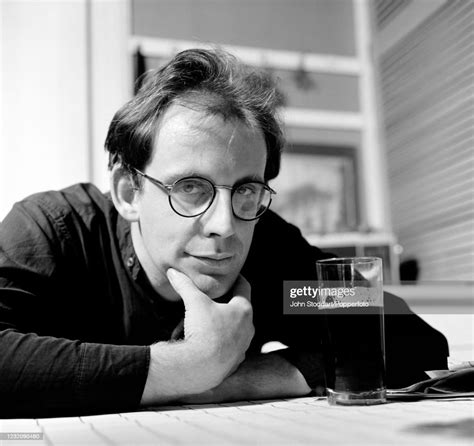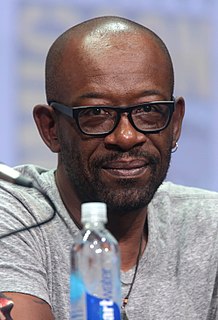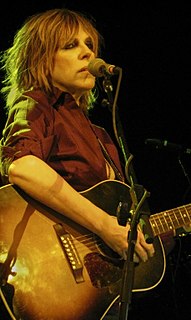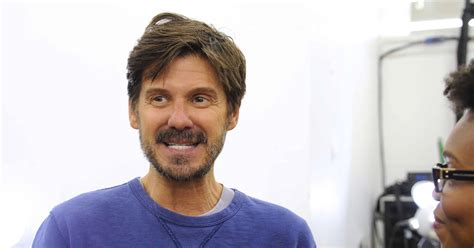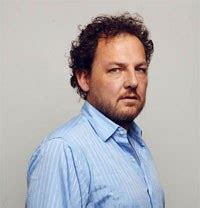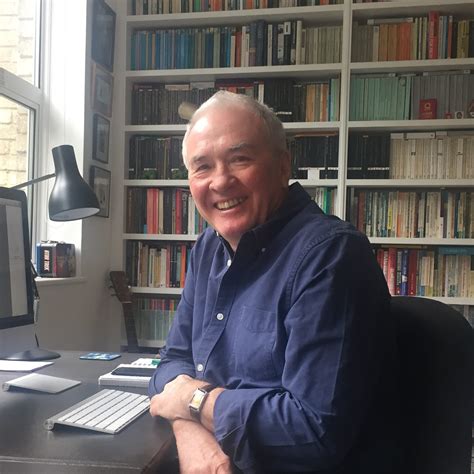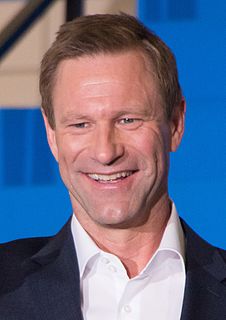A Quote by Madison Smartt Bell
Imaginative writing has always been a solitary and indeed a somewhat antisocial activity. Apprenticeship existed, no doubt, but it was an apprenticeship to books and not to living masters of the craft.
Related Quotes
For correct writing, the cultivation of patience and mental accuracy is essential. Throughout the young author's period of apprenticeship, he must keep reliable dictionaries and textbooks at his elbow; eschewing as far as possible that hasty extemporaneous manner of writing which is the privilege of more advanced students.
